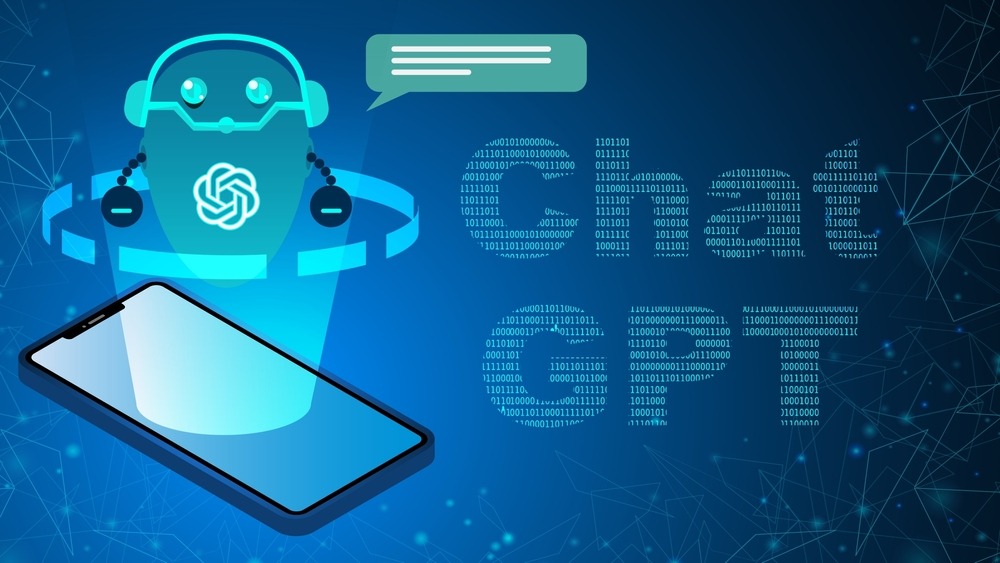
Conversational AI (chatgpt open ai) has been rapidly gaining momentum in recent years, and its impact on the cyber security landscape has been significant.
One of the most promising developments in this field is the use of ChatGPT open ai (Generative Pre-trained Transformer) models.
Chat GPT models are designed to generate human-like responses in natural language conversations, and they have the potential to revolutionize the way we interact with computer systems and improve cyber security.
The rise of Chat GPT open ai in cyber security has been driven by several factors. First, the explosion of data and the growth of unstructured data sources have made it increasingly difficult for human analysts to keep up with the volume and complexity of cyber threats.
Chat GPT models are designed to analyze and understand natural language text, which can help to identify patterns and detect anomalies in large data sets.
Second, the rapid development of machine learning technology has made it possible to train Chat GPT models to learn from vast amounts of data, making them more accurate and effective over time. This means that Chat GPT models can continually improve their performance, making them an increasingly valuable tool for cyber security.
Finally, the increasing use of conversational interfaces and virtual assistants in business and consumer applications has created a demand for more sophisticated and human-like conversational AI systems. Chat GPT models have the potential to provide a more natural and intuitive way for users to interact with computer systems, improving the user experience and making it easier for non-technical users to navigate complex cyber security issues.
One of the most exciting applications of Chat GPT in cyber security is in the area of threat intelligence. By analyzing large volumes of natural language data, such as social media posts, chat logs, and forum discussions, Chat GPT models can identify patterns and detect anomalies that may be indicative of cyber threats. This can help organizations to stay ahead of emerging threats and respond more quickly and effectively to cyber attacks.
Another application of Chat GPT in cyber security is in the area of user authentication. Chat GPT models can be trained to recognize the unique linguistic patterns and preferences of individual users, making it possible to authenticate users based on their language use.
This can provide a more secure and user-friendly alternative to traditional authentication methods, such as passwords or biometrics.
ChatGPT open ai models also have the potential to improve cyber security education and awareness. By analyzing natural language text from cyber security training materials and other educational resources, Chat GPT models can identify common misconceptions and areas of confusion, helping to tailor educational materials to the needs of individual users.
However, there are also some challenges associated with the use of Chat GPT in cyber security. One of the biggest challenges is ensuring that the models are properly trained and validated.
This requires access to large amounts of high-quality data, which can be difficult to obtain in the cyber security domain.
Another challenge is ensuring that the models are robust to adversarial attacks. Adversarial attacks are a type of cyber attack in which an attacker deliberately manipulates input data to mislead a machine learning model.
Chat GPT models can be particularly vulnerable to adversarial attacks because they are designed to generate natural language responses, which can be more difficult to detect than other types of attacks.
Finally, there are also ethical considerations associated with the use of Chat GPT in cyber security. For example, there may be concerns about privacy and data protection if Chat GPT models are used to analyze personal data.
Additionally, there may be concerns about bias and discrimination if the models are trained on biased data sets or if they generate responses that reflect societal biases and stereotypes.
Despite these challenges, the potential benefits of Chat GPT in cyber security are significant. As Chat GPT technology continues to evolve and improve, it is likely to play an increasingly important role in protecting organizations and individuals from cyber threats.
By leveraging the power of natural language processing and machine learning, Chat GPT models can provide a more nuanced and sophisticated understanding of cyber threats, improving the accuracy and effectiveness of threat detection and response.
In conclusion, the use of Chat GPT in cyber security represents a significant shift in the way that organizations approach threat detection and response.
By leveraging the power of natural language processing and machine learning, Chat GPT models have the potential to provide a more sophisticated and effective approach to cyber security, improving the accuracy and speed of threat detection and response.
However, as with any new technology, there are challenges and ethical considerations associated with the use of Chat GPT in cyber security. It will be important for organizations to carefully consider these issues and work to address the m in order to fully realize the benefits of this exciting technology.


